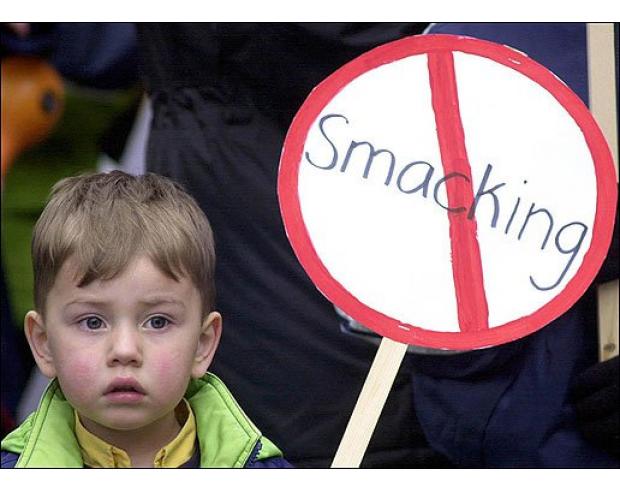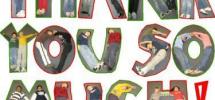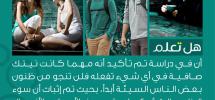Disciplining our Children—Mothering with Mercy One of the most important points to remember when disciplining our children is to let them know they are loved and their feelings matter. One way this is done is by correcting them with respectful words and actions. It can also be achieved by being patient and understanding with their mistakes. In addition, we should allow our children to express their feelings in an acceptable and considerate way. Regarding the subject of hitting children when disciplining them, there are differing opinions. Some scholars are of the opinion that hitting is allowed for young children, others forbid it.1 There are of course reports of the Sahaba hitting their children. There is also the hadith that at ten years of age, parents should hit their kids if they don’t pray. In addition, there is a hadith that mentions hanging your belt for the discipline of your family. However, The Prophet (saw) himself never hit any of his own children or the children of others.2 This is truly an amazing aspect of the Prophet’s (saw) life. He had biological children of his own, step children from other wives and he was around many children during his prophet hood. In fact, in one hadith Anas ibn Malik says he lived with the Prophet (saw) for 10 years and The Prophet (saw) never hit him, insulted him or frowned in his face. That’s 10 YEARS! Another narration says “I served the Prophet (saw) for ten years and he never said to me ‘why did you do that?’ after I had done something or ‘why did you not do that?’ after I had neglected to do something.’ ‘He never said a word of contempt to me.’ ” One of The Prophet’s (saw) primary manners of correcting was respectfully counseling individuals to what is right. This is exemplified in the story of the Bedouin man who urinated in the masjid.3 The companions were ready to beat him because of his actions. However, The Prophet (saw) had a different manner of handling the situation. He asked his companions to refrain from hitting the man. Once the man had relieved himself, the Prophet (saw) explained to the Bedouin what the masjid was for and was not for. This was the way of The Prophet, (saw) and he is the best of examples for us to imitate. If The Prophet (saw) was this understanding and considerate to an adult man who committed such a serious transgression, how much more understanding should we be with children who commit lesser forms of indiscretion and who are less knowledgeable and still learning? But even in situations in which a parent is of the opinion that hitting is allowed, it’s important that we understand the limitations of hitting our children. Does it include hitting with a belt, extension cord, stick or even fist or hand that injures and leaves welts, bruises, or breaks bones or draws blood? From scholars that consider hitting permissible, even they disallow this behavior from parents. They also speak against hitting when angry and hitting in the face. In addition, they suggest hitting as a last resort not first. They also forbid more than ten lashes.4 When we consider all these stipulations, we must ask ourselves—“When I hit my child, am I transgressing against my child?” This is an important question. Because in our earnest attempt to correct our children, it’s possible we may be harming them. . This effort is to stimulate your appetite so you can do more research on your own about what Islam says about disciplining our children. It also is intended to encourage you to seek effective alternatives to hitting your children. It attempts to show that positive discipline methods, which discourage hitting shouting or shaming, can be a successful means of training your children to be Allah fearing Muslims.
2014-04-18 03:16:42
Disciplining our
sign in to comment
Be the first to comment





